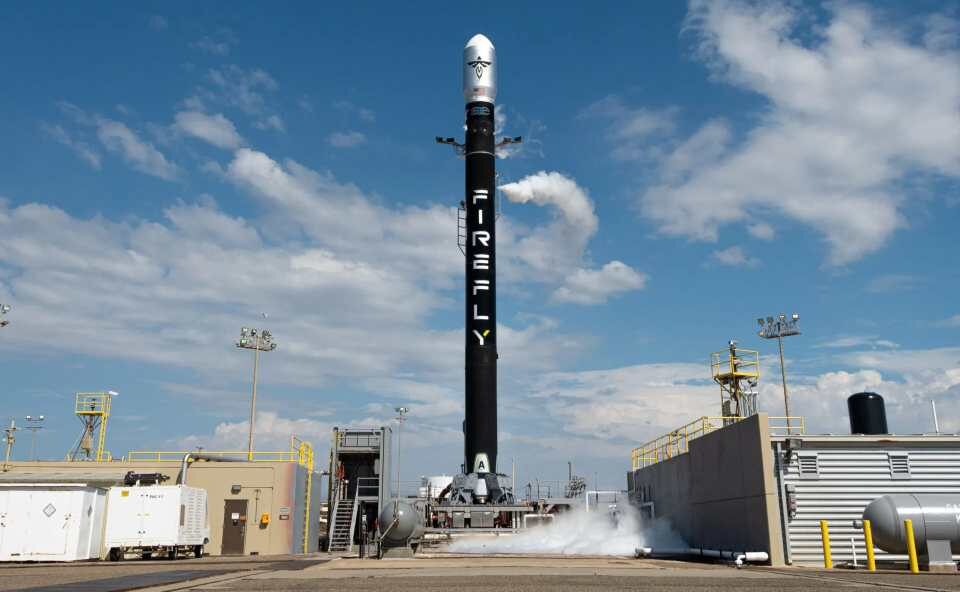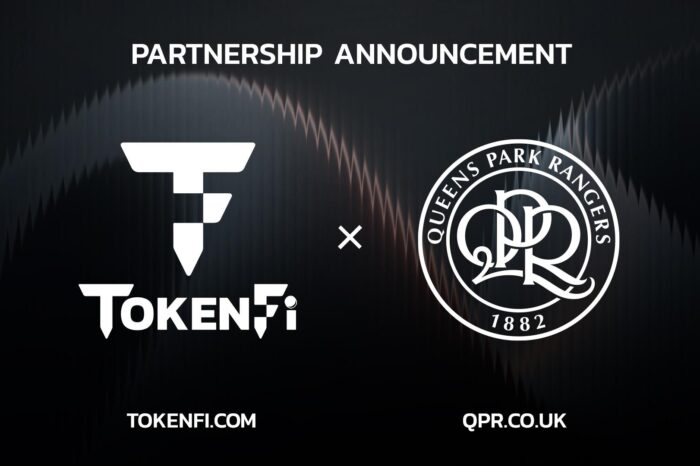Space startup Firefly Aerospace targets $5.5B valuation in IPO amid space tech resurgence

Just months after Voyager Space made its public debut and as IPO activity begins to rebound, Firefly Aerospace is lining up its own liftoff. The Texas-based rocket maker is preparing to go public on the Nasdaq under the ticker symbol “FLY,” pricing its shares between $35 and $39. If the offering lands at the high end of that range, Firefly would be valued at roughly $5.5 billion.
In a new SEC filing published Monday, the space startup said it plans to sell around 16.2 million shares, raising as much as $631.8 million. It’s a bold move that puts Firefly in the ring with other space tech players hoping to capitalize on renewed interest in the public markets—especially as inflation fears ease and investor appetite cautiously returns.
Founded in 2017 by Noosphere Ventures’ Max Polyakov, Firefly has had a turbulent but resilient history. It emerged from the ashes of Firefly Space Systems, a bankrupt startup whose assets were scooped up by EOS Launcher, later rebranded as Firefly Aerospace. Since then, the company has carved out a niche in small to medium launch vehicles and is expanding into on-orbit services with its Elytra platform, supporting satellite hosting, rideshare deployments, and servicing missions.
NASA Missions and Alpha Rocket Launches

Firefly’s big break came in October 2022 when it successfully reached orbit for the first time. Its Alpha FLTA002 rocket launched from California’s Vandenberg Space Force Base and deployed customer payloads, following a failed debut in 2021 that ended in a course deviation and loss of vehicle. The success helped cement Firefly’s credibility as a launch provider, especially with government contracts.
Now the company is scaling up Alpha launches with support from major names like Lockheed Martin, L3Harris, and NASA. It’s also working with Northrop Grumman to develop a new medium-lift launch vehicle, further solidifying its place in the growing space economy. Northrop invested $50 million into Firefly this past May, joining other backers like AE Industrial Partners.
Revenue is picking up, too. As of March, Firefly reported a sharp jump from $8.3 million a year earlier to $55.9 million. Its backlog has swelled to about $1.1 billion—an encouraging signal, even though the company is still burning cash, reporting a net loss of $60.1 million for the same period, CNBC reported.
With its IPO on the horizon, Firefly is betting that a strong pipeline, government ties, and rising launch cadence will be enough to convince public market investors to take the ride. Whether it sticks the landing will soon be up to Wall Street.





